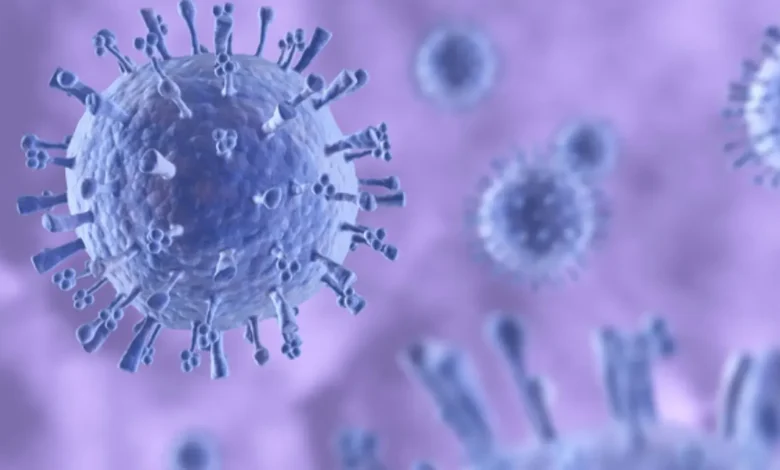H1N1/H3N2 influenza outbreak reported in 3 regions; Greater Accra confirms 42 cases

Health authorities have confirmed an outbreak of seasonal influenza in parts of the country, with the Eastern and Central Regions recording cases of the H1N1 subtype of the Influenza A virus.
The Greater Accra Region is also on high alert after 42 cases of the H3N2 subtype were detected through routine surveillance carried out at selected influenza monitoring sites.
The virus, which spreads mainly through respiratory droplets when infected persons cough, sneeze or talk, is known to circulate rapidly during the cold season, especially in crowded environments such as schools, transport terminals and marketplaces.
Providing an update on the regional situation, the Regional Disease Control Surveillance Officer, Madam Christiana Kudornu Achempem, confirmed that while Greater Accra has not recorded institutional outbreaks, such as in schools, surveillance teams have detected confirmed H3N2 infections in two districts.
“I cannot speak for the nation, but we had a meeting yesterday that some regions are having the H1N1. The Central and Eastern Regions. For us in Greater Accra, we haven’t had any outbreak in the school; what we have is about some 42 confirmed cases at our sentinel sites, where every week we pick samples of suspected influenza cases and send them to Noguchi for confirmation.
“So out of that Ayawaso East and Okaikoi North reported some confirmed cases but not H1N1. The cases were for H3N2,” she said.
She further explained that the Regional Health Directorate has activated early detection measures and equipped facilities to support investigation and response.
“We are ever ready, including all our facilities. Even this Monday we distributed some sample containers for them to use to pick samples for Noguchi for investigation. We are also doing health education in the communities because looking at the weather, this is the prime time we have a lot of cases,” she stated.
The Ghana Health Service has urged the public to practise good hygiene, including frequent handwashing, the use of hand sanitisers where soap and water are unavailable, and avoiding close contact with persons showing flu-like symptoms.
Members of the public experiencing influenza symptoms have also been advised to stay home and seek prompt medical attention.










